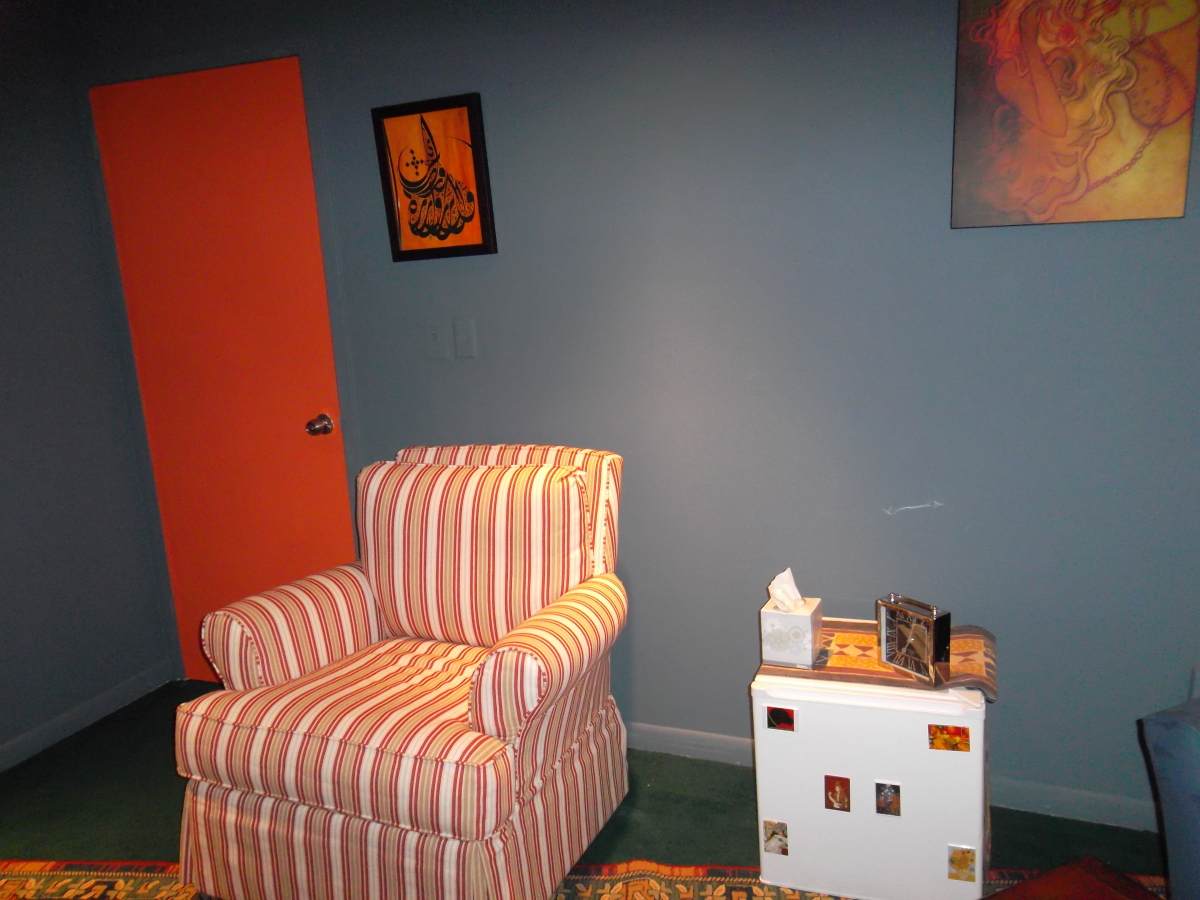How to Find the Right Counselor for Your Teenager
Choosing a therapist or counselor for your teenager is an important decision that should not be taken lightly. This report contains professional advice on choosing a therapist compiled from trusted authorities in adolescent mental health such as kidshealth.org, psychologytoday.com, and goodtherapy.org.
Therapy can help teenagers develop problem-solving skills, overcome emotional or behavioral problems, improve self-esteem, cope with stress, and improve communication skills with family members and friends.
Should My Teenager Talk to a Counselor?
Sometimes it is clear that a teenager would benefit from seeing a counselor. Other times, the cause of a teenager’s sudden change in behavior or mood can be difficult to pin point. KidsHealth.org provides a thorough list of signs to look for if you are considering counseling for your teenager:
- learning or attention problems (such as ADHD) behavioral problems (such as excessive anger, acting out, bedwetting or eating disorders)
- a significant drop in grades, particularly if your child normally maintains high grades
- episodes of sadness, tearfulness, or depression
- social withdrawal or isolation
- being the victim of bullying or bullying other children
- decreased interest in previously enjoyed activities
- sudden changes in appetite (particularly in adolescents)
- insomnia or increased sleepiness
- excessive school absenteeism or tardiness
- development of or an increase in physical complaints (such as headache, stomachache, or not feeling well) despite a normal physical exam by your doctor
- management of a serious, acute, or chronic illness
- signs of alcohol, drug, or other substance use (such as solvents or prescription drug abuse)
- problems in transitions (following separation, divorce, or relocation)
- bereavement issues
- custody evaluations
- therapy following sexual, physical, or emotional abuse or other traumatic events
In addition to these tell signs kidshealth.org suggest talking to teachers who interact regularly with your child to gather additional information about your teenager’s behavior and mood outside of the home.
Discussing your teenager’s mental state with your primary care provider or pediatric doctor can help rule out any medical conditions that could be contributing to sudden changes in your son or daughter. You doctor may also be able to refer you to a counselor.
What Kind of Counselor or Therapist Should My Teenager See?
Like in many other professions, there are different types of credentialing and education within the broad counseling or therapist profession. In fact, PsychologyToday.com lists over 50 different types of credentials that a counselor or therapist may have. Feel free to review the list of credential by following the link in the footnote at the bottom of the page. Below is a summary of the major differences between the most prevalent credentials:
Marriage & Family Therapist (LMFT): LMFTs have a master’s degree specializing in family and interpersonal dynamics and treat individuals in the context of family relationships.
- Licensed Mental Health Counselor (LMHC): LMHC have a master’s degree in counseling and can treat a variety of mental and emotional issues using a various therapeutic techniques.
- Licensed Clinical Social Worker (LCSW): LCSW hold a master’s degree in social work and may use a variety of therapeutic techniques, including psychodynamic therapy or cognitive-behavioral therapy.
- Psychologist (PhD): Psychologists have earned a doctorate degree in psychology with training focused on theory and research methods.
- Psychiatrist (MD or DO): Psychiatrists are medical doctors, who after completing medical school, receive an additional four years of specialized mental-health training. Psychiatrists treat the full range of emotional and mental disorders and are licensed to prescribe medication.
As a general rule, kidshealth.org advises that your teenager’s therapist should hold a professional (graduate) degree in the field of mental health and be licensed by your state. Popular therapist directories such as Psychologytoday.com and Goodtherapy.org verify the credentials of its members and are good place to start looking.
What Are the Most Important Factor To Consider?
- The Right Match: The American Psychological Association state that choosing a therapist or counselor whom you have a good rapport with and a high level of personal comfort is critical to determining whether or not to work with a particular therapist. Goodtherapy.org lists it as the number one factor on how to choose a counselor or therapist.
- Consultation: It is important to “interview” the therapist to make sure you and your child are comfortable and it is in fact the right match. Goodtherapy.org offers good questions to ask yourself when “interviewing” a therapist:
- Do you feel safe and comfortable?
- Is it easy to make small talk?
- Is the person down to earth and easy to relate to or does he or she feel cold and emotionally removed?
- Is the therapist a “know it all” or arrogant?
- Specialties: Ask the therapist if they specialize in treating teenagers and adolescents or look at the services offered on their website. Ask about their professional and academic experience working with teenagers.
Sources used to compile this report:
- http://kidshealth.org/parent/positive/family/finding_therapist.html
- http://therapists.psychologytoday.com/rms/content/therapy_credentials.html
- http://www.apa.org/helpcenter/choose-therapist.aspx
- http://www.goodtherapy.org/blog/how-to-find-a-therapist/
By Miguel Brown









